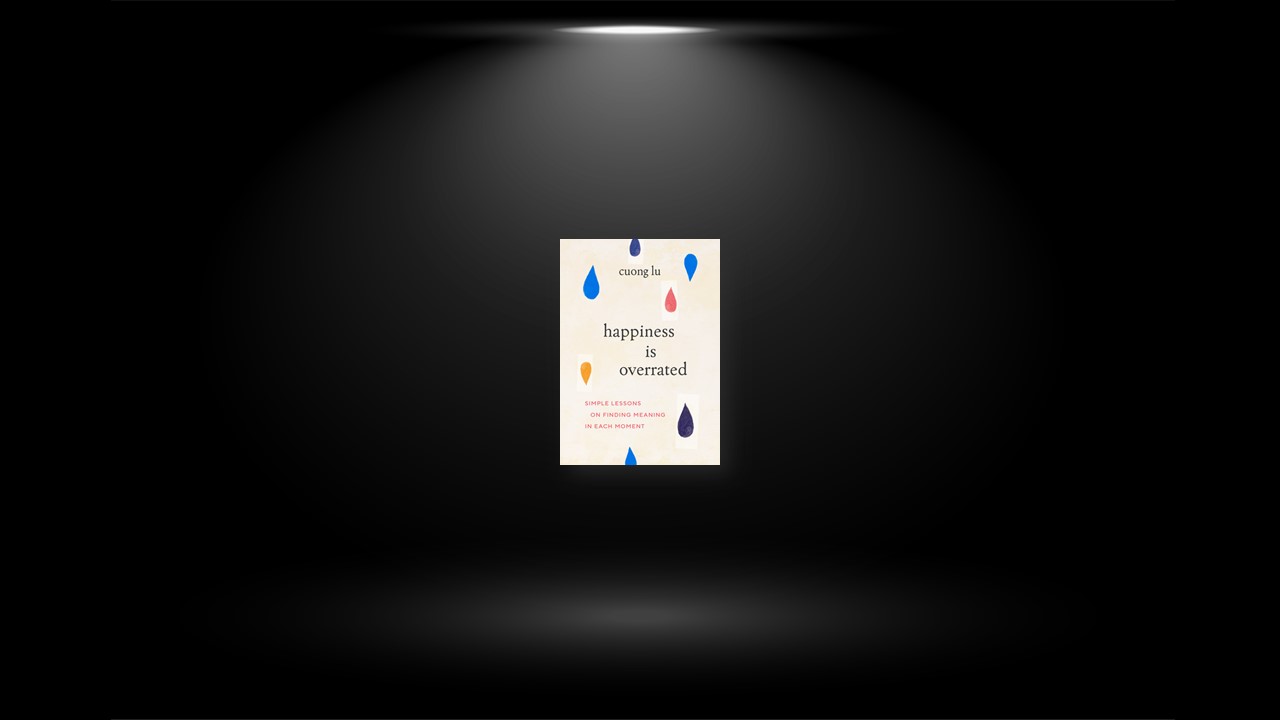Knowing Your Mind
The mind is divided into two parts: ordinary and raw. This discovery is in alignment with Abhidharma, Buddhist psychology.
Ordinary mind receives information through our six sense doors and analyzes it. We store simple truths in mind like, “This is an apple,” and complex truths like, “This is happiness.” Some truths are transmitted by our families, culture, and education, while others we discover from our own observations and deductions. Both kinds of truth are stored in the mind as concepts. We have concepts about apples, happiness, hatred, and love. Comparing is the work of the mind. Comparing our perceptions to our concepts helps us determine if something is familiar and safe or unknown and possibly dangerous. We recognize a flower, for example, by comparing what we see or smell with the concept “flower” that is in our mind, based on education and experience.
Raw mind, on the other hand, is wild and irrational. It has no beginning, end, or continuity. It is always present and embraces everything. It is the source of all life. In raw mind, there’s no good or bad, right or wrong. Everything simply is. Raw mind is a sanctuary deep within, an oasis of peace. In raw mind, there’s no separation between you and me, only the seamless continuity of interbeing.
In mind, there are wars—right versus wrong, good fighting bad. The moment we discover raw mind, the wars end. This peace is not the opposite of war, just as right isn’t the opposite of wrong or good the opposite of bad. In raw mind, we know we’re all children of Mother Earth and recognize all beings as our brothers and sisters. To create a world where everyone lives in peace, we have to experience the depths of raw mind.
With a direct experience of raw mind, peace is possible. Raw mind is our true home, an oasis of loving-kindness beneath ordinary mind and beneath all concepts and dualities. When you touch raw mind, you find yourself.
Practice mindful breathing for five minutes. Then say silently, I am not my views, for ten minutes. Is it true? If not, what is true?
Being and Nonbeing
Mind categorizes things as “being” or “nonbeing,” existent or nonexistent. The concept of nonbeing is based on the concept of being. Both are stored in mind and are inherently inaccurate. Ideas and concepts are never the things themselves; they’re representations to help us recognize what we see, think, and feel. They’re maps drawn from the past so we have something to compare our experience to.
We look for an “I,” a “you,” and a “tulip,” and when we find them, we think we’re separate, and we feel lonely. As scientists, we’re trying to see patterns and find order in the universe, but since the Big Bang, our universe has always been chaotic.
If we see ourselves as existent, we may feel anxious that, at some point, we’ll die and become nonexistent. This is a view—a view that something that exists now will someday cease to exist. Like all views, it’s not real. We coexist with all other beings, and we will forever. We’re not time bound or limited to our “selves.” If you see yourself as a separate, stand-alone being, that is not correct. Your parents are in you—whether you get along with them or not. All your ancestors are in you. And society is in you, too. You can’t take society out of you.
Practice mindful breathing for five minutes. Then say silently, I am grateful for the support of all beings. Do this for ten minutes and feel the solidity and fluidity—at the same time—of your place in the cosmos.
Being Nobody, Doing Nothing
Mindfulness helps us stay present with suffering. We can use mindfulness to stand in the presence of suffering and see that under the light of awareness, suffering is just suffering. It has its own past, and when we feel it, we may be able to understand its source. If we honor it, it won’t control us. Sometimes we need to run away. But sometimes we can stay present with it. Somatic memories have their own truths to set us free, when we are ready.
Doing nothing, simply staying present, is one way to deal with emotional challenges. Conscious breathing is an effective way of “doing nothing.” Society tells us, “Don’t just sit there, do something,” and wisdom tells us the opposite. Without wisdom, we’d run through life like a chicken without a head, pursuing every impulse. Staying deeply present with suffering is its own form of happiness. Holding on to superficial happiness is suffering.
When all you have is suffering, it can be impossible to want to go on living. What can we do when someone who is suffering that much comes to us for help? The answer is “nothing.” If you think you can do something, you’re deceiving yourself and misleading the other person. The way to help is by doing nothing. All spiritual and self-help techniques encourage you, ultimately, to do nothing. The most powerful practice is simply to be present, to hold space, and in doing so, encourage others (and ourselves) to touch life again. Prisoners have come up empty-handed so many times while trying to find happiness, they understand this intuitively.
Practice mindful breathing for five minutes. Then say silently, I am alive. I am truly present. Do this for ten minutes. Do you feel more awake and alive?
Freedom
Ordinary mind is, by nature, dualistic. Everything conditioned is born, and it dies. It becomes more and then it becomes less. When “goodness” comes to mind, we may become attached to it and want it to stay forever, but it’s neither stable nor permanent. One day it’s goodness, the next day it’s badness, or even evil.
When you hurt someone, you want to repair the damage. Restoration is a wholesome act. At the same time, we know that in raw mind, even ignorance is not less than wisdom. Good and evil have the same value. Right and wrong have the same value. In mind they are enemies, but in raw mind they are sibs.
When we’ve been hurt, we build up hatred. Hatred isn’t wrong or evil. In some religions, we’re taught to show only love and compassion. But anger and hatred have their place. We can strive for goodness and happiness, but we also need space for evil and ignorance. Being honest is what’s important. That is the key to peace.
In hatred, there is also love. In raw mind, love and hatred are not enemies. We have to look at our wounds and not pretend everything is okay. We are all wounded. We’ve all hurt others, and we are not 100 percent good. We need to go deeper. We need to go to the root and stop living in denial. These are important steps in our healing.
Practice mindful breathing for five minutes. Then say silently, I am free. Do this for ten minutes and see how you feel.
Death Gives Life Meaning
If you see yourself only as an individual, life may seem meaningless. If you see yourself as living at a certain moment in history or in a certain phase of your life, you might also experience meaninglessness. If you think we simply come into this world and then we go, that we’re born and then we die, you are seeing only the surface dimension—not the root dimension. Without touching your roots, you miss life’s texture and depth. You are all of life. If you see yourself as whole, you will be able to help others.
The meaning of life reveals itself when you help others. It doesn’t matter how proficient you are at taking care of yourself; you can’t be completely happy if you don’t recognize the community of humans and nonhumans of which we are a part. If you think you’re separate, an individual, you won’t want to let go of your body or mind. You will fear death.
Know that you are whole. You are the root. You don’t begin to exist at a certain moment and cease to exist in another. The idea of creation is born from a wrong view that you are an individual. You aren’t. No one on this beautiful planet is alone or unimportant. Look deeply at others and you’ll see how wonderful they are, too. Even after they make mistakes in their life, they’re still remarkable, and you are connected to them and to the stars. If you see yourself as created, you won’t understand interconnection.
Practice mindful breathing for five minutes. Then say silently, I am all beings—past, present, and future, for ten minutes. Can you feel the richness within?


